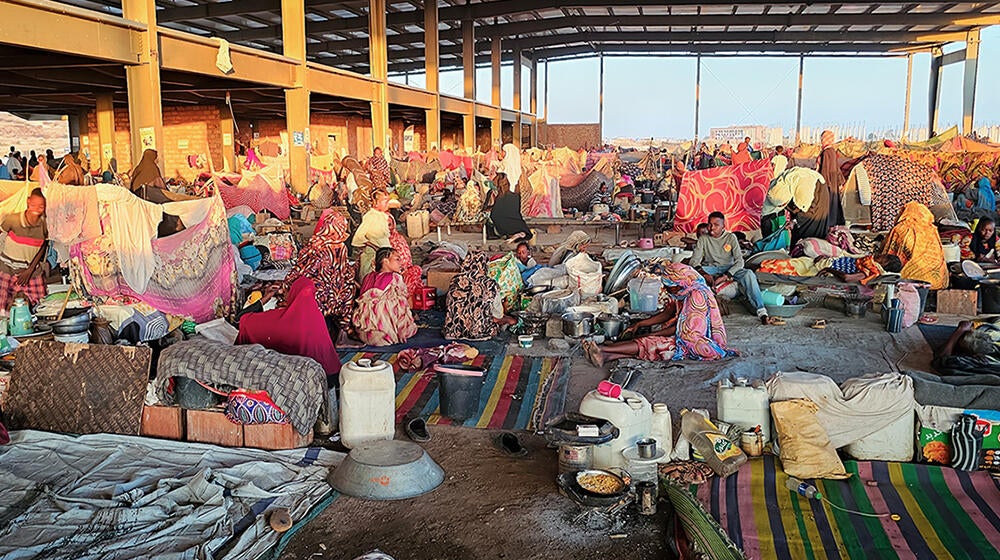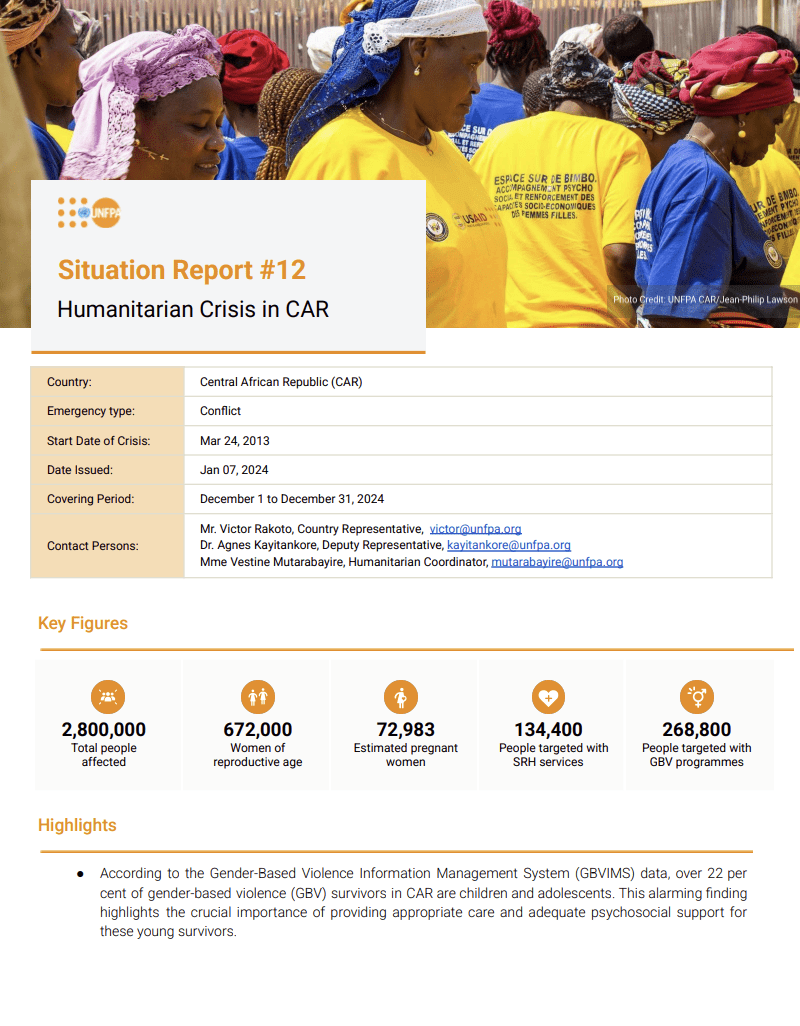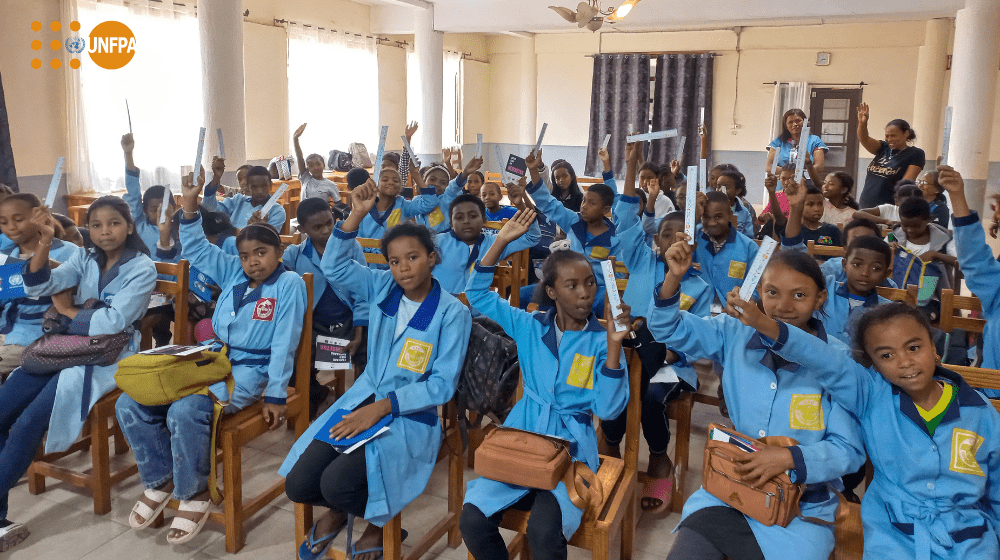
Boss moves in the Central African Republic
Women start businesses to reclaim their power
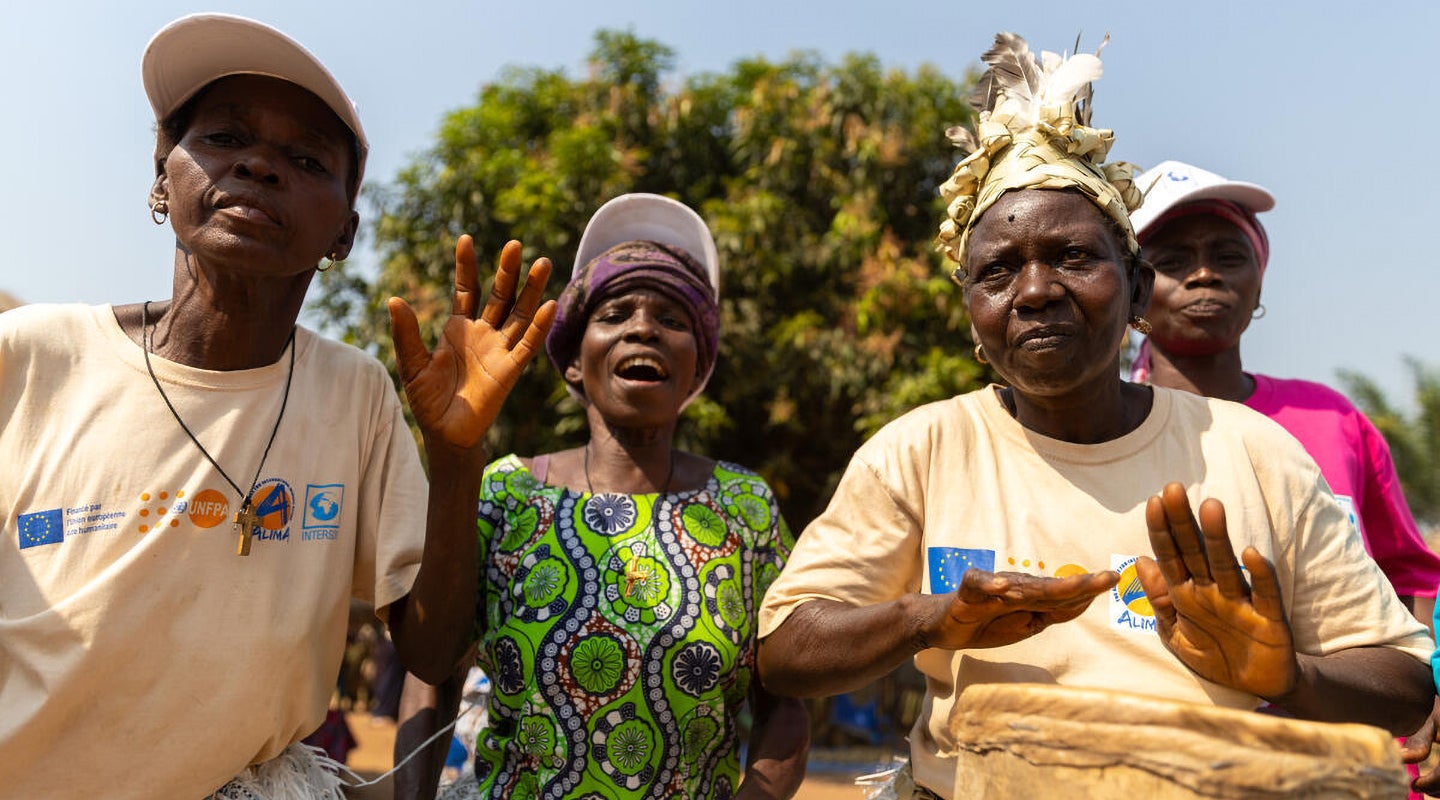
At a safe space in Bangui, the capital of the Central African Republic, the atmosphere is upbeat, celebratory even. It’s a place where survivors of violence get the support they need to recover from trauma and begin to define their own – brighter and safer – futures.
UNFPA, the United Nations sexual and reproductive health agency, supports 12 of these spaces across the country. We met with women and girls in two of them, showing how they are creating their own fresh starts, including starting their own businesses.
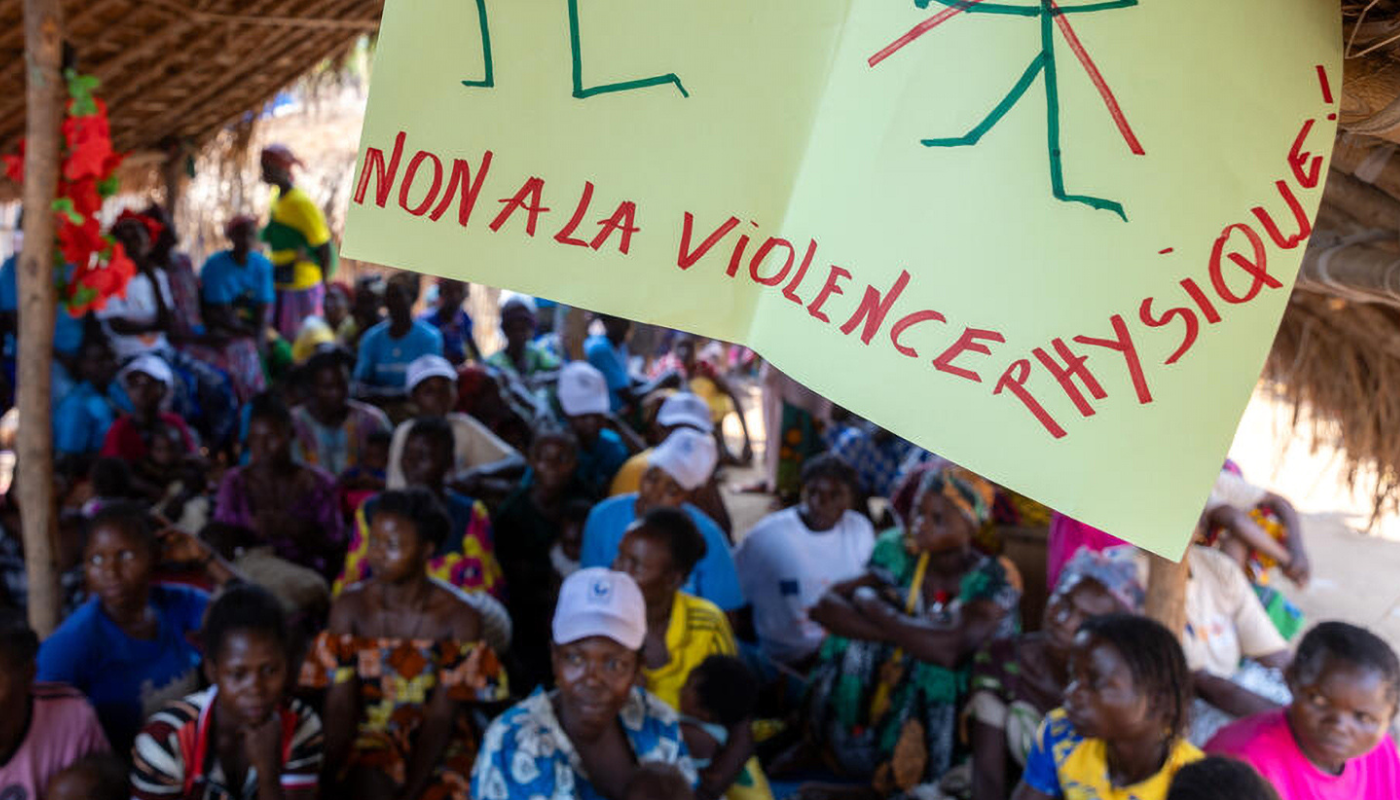
The safe spaces are open to all women and girls; many are survivors of violence. The Central African Republic has alarming rates of rape, child marriage, female genital mutilation, domestic abuse and sexual violence, all exacerbated by long-running conflict.
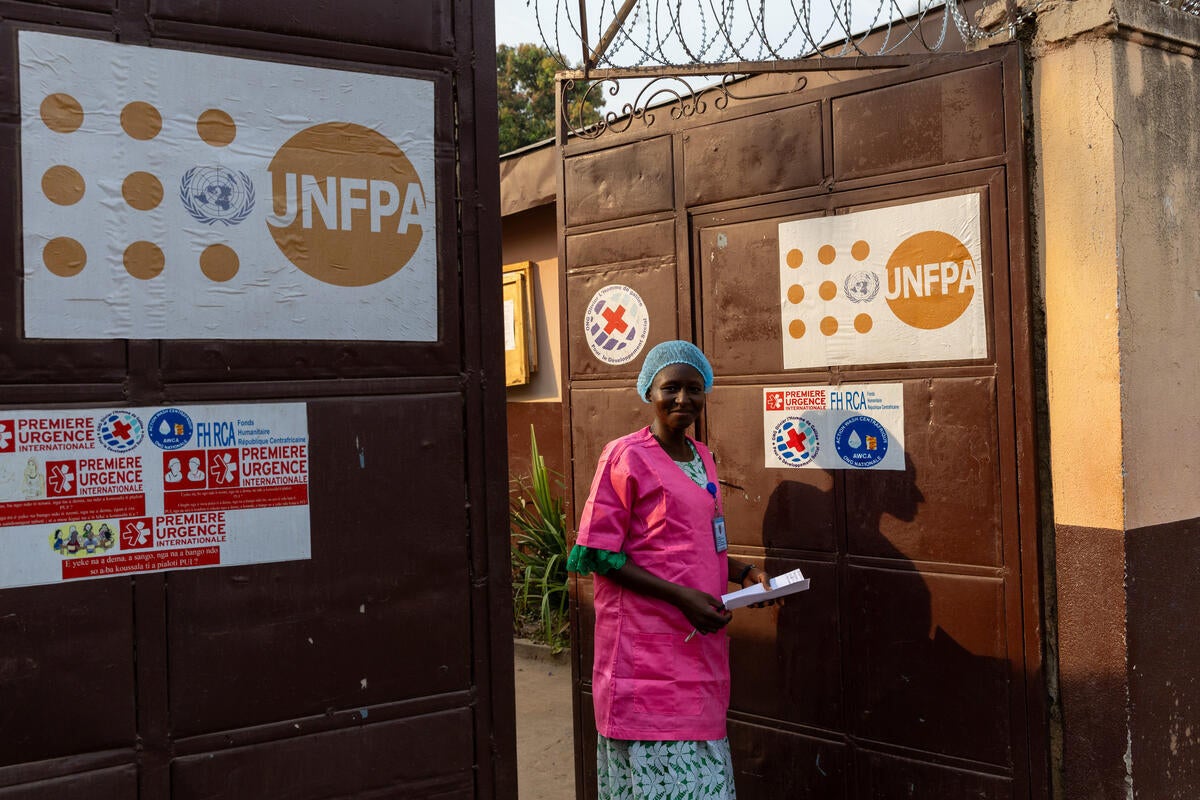
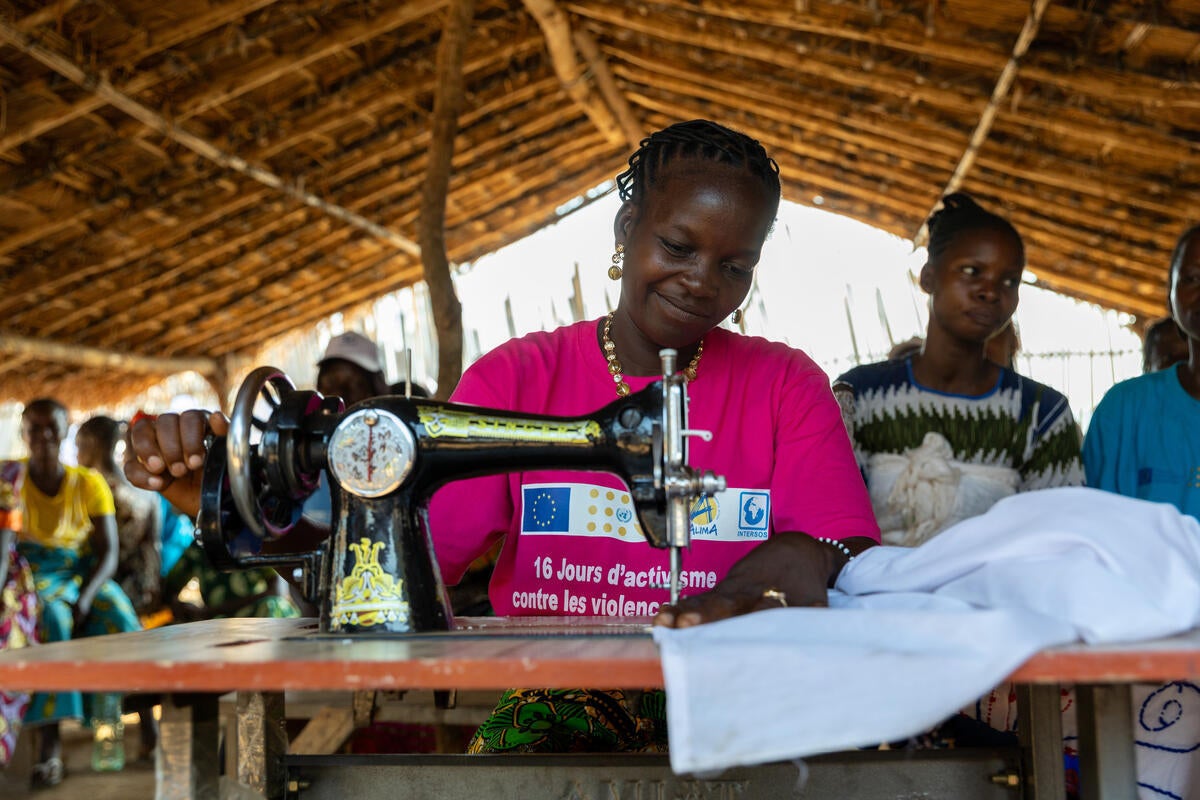
This combination of healthcare, counselling and training is designed to help women heal and to promote independence and entrepreneurialism.
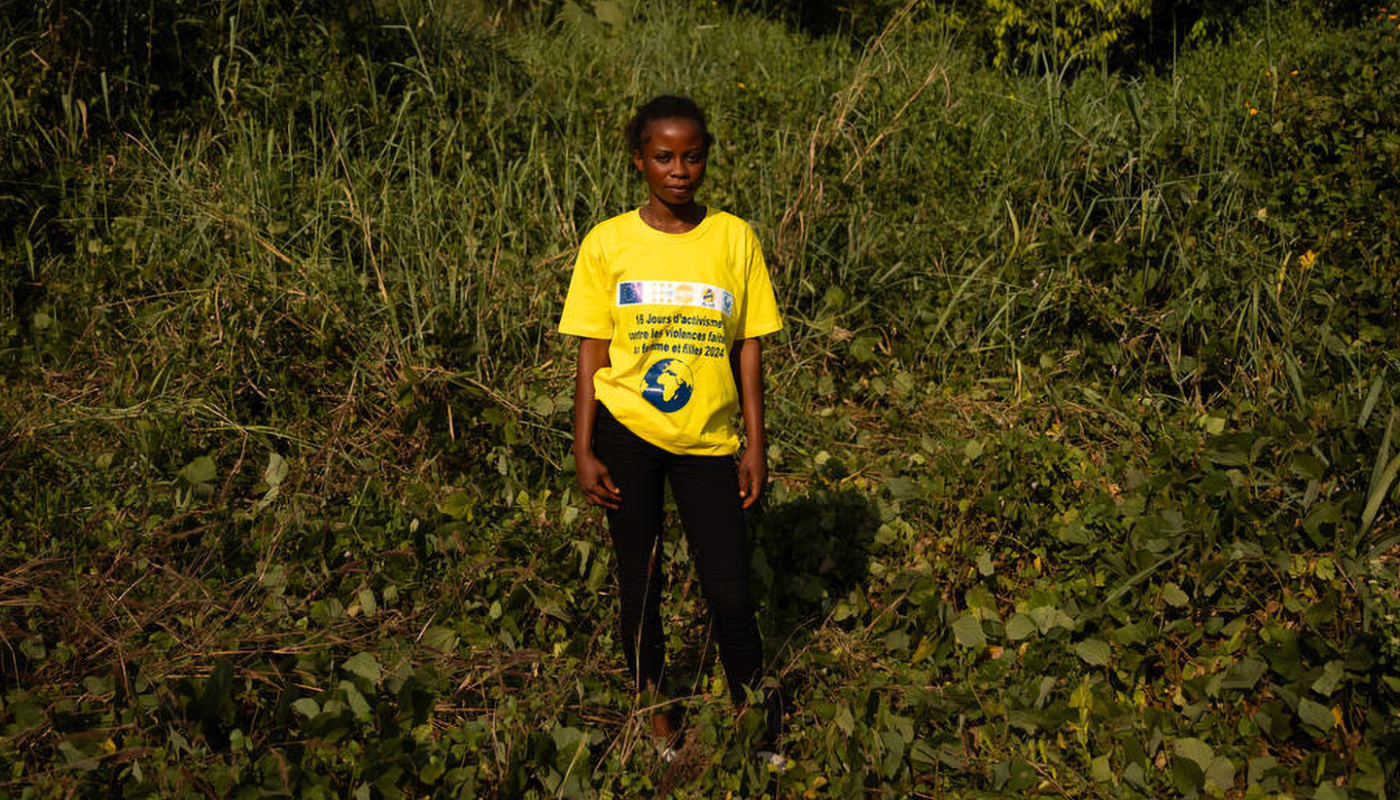
Mboko Landja
The Mboko Landja safe space, near the capital of Bangui, is where Naomi came in need of support.
At the age of 7, Naomi’s studies were cut short, and at 13, she was forced to marry. Now 22 and no longer in the marriage, she lives with her older sisters and her 5-year-old son.
“We are taught about female autonomy, empowering us to live without always depending on others,” she says. “We learn skills like making soap. Once I return home, I make and sell the soap to earn some money to take care of my child.”
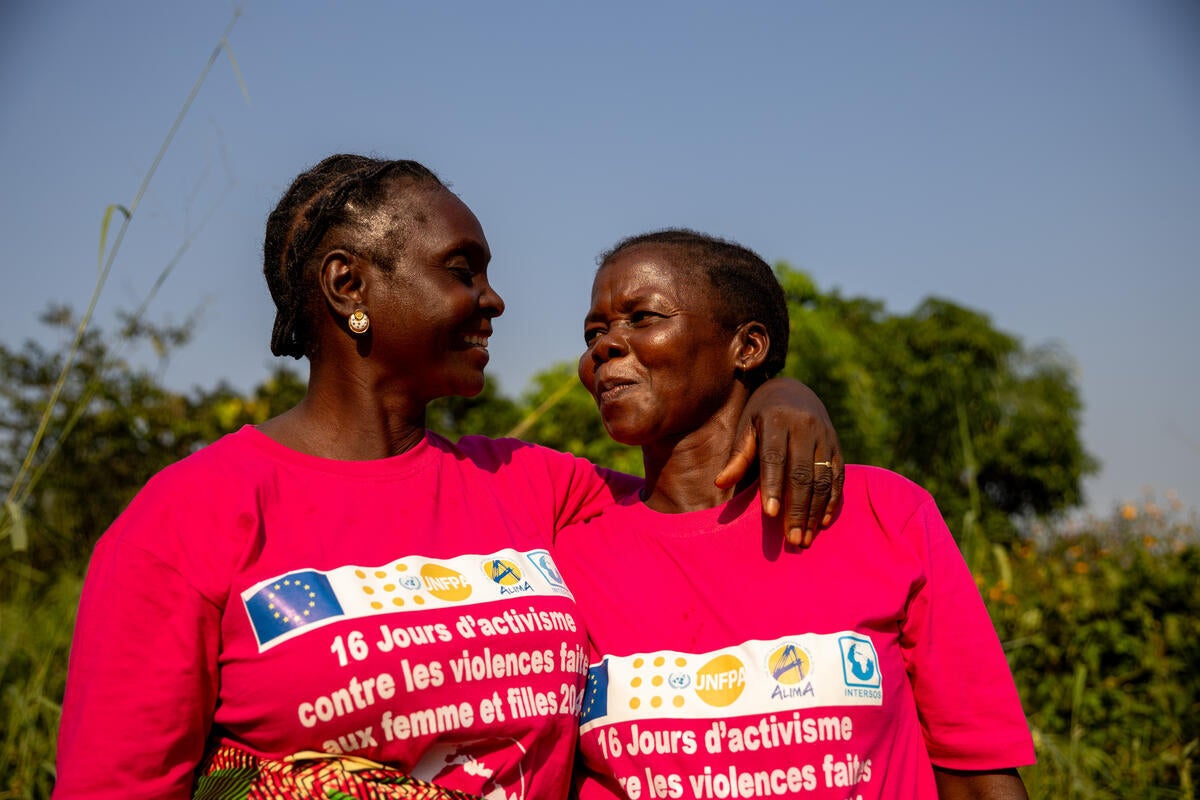
“Since the project began, women feel more safe, can assert themselves and live normal lives. Women now know how to stand strong.”
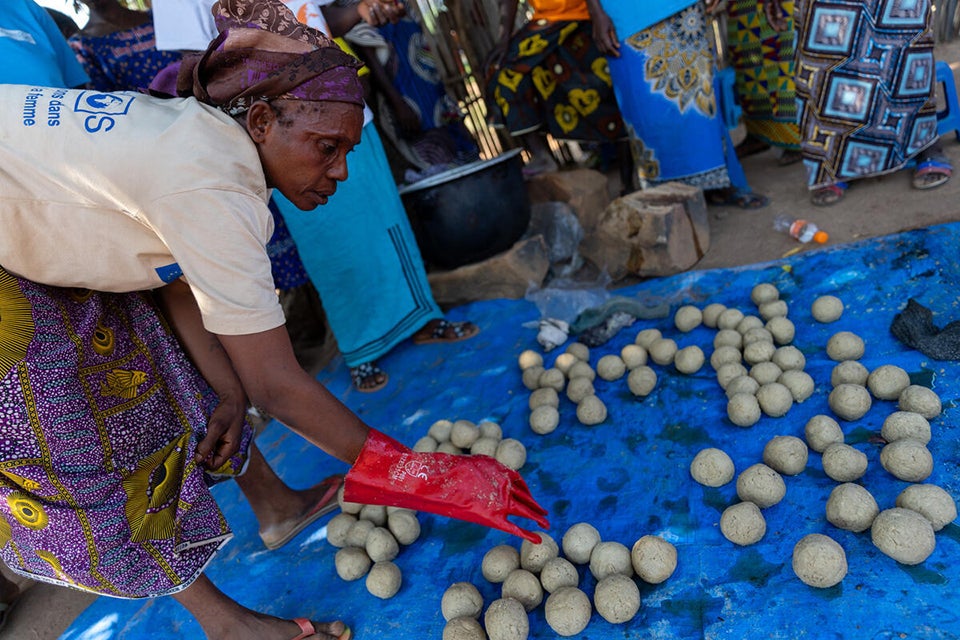
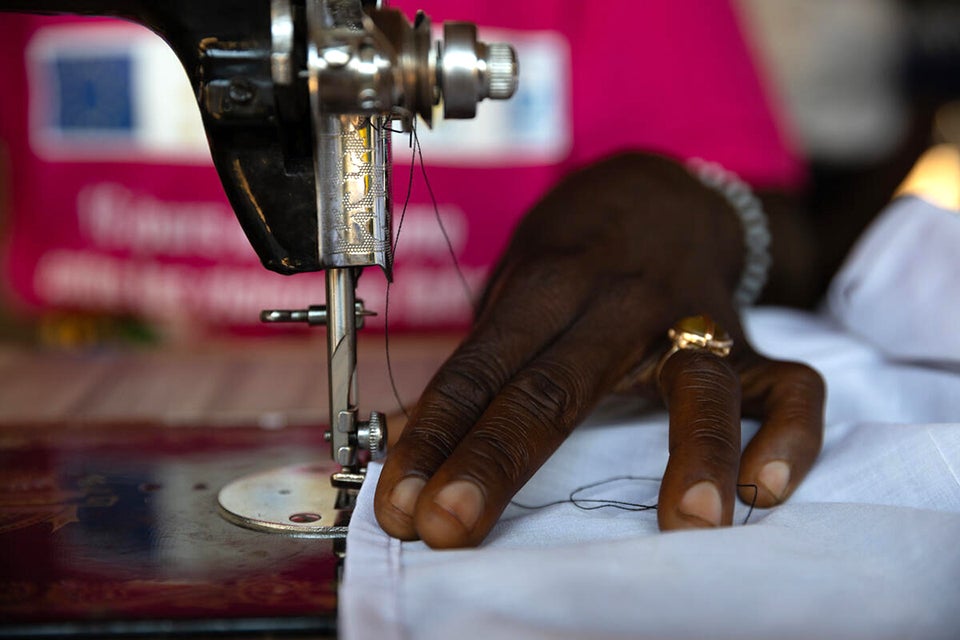
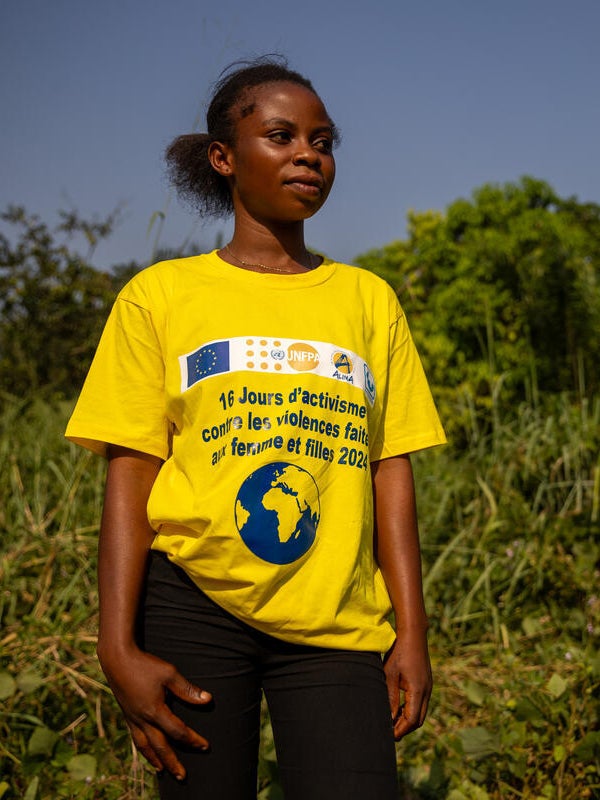
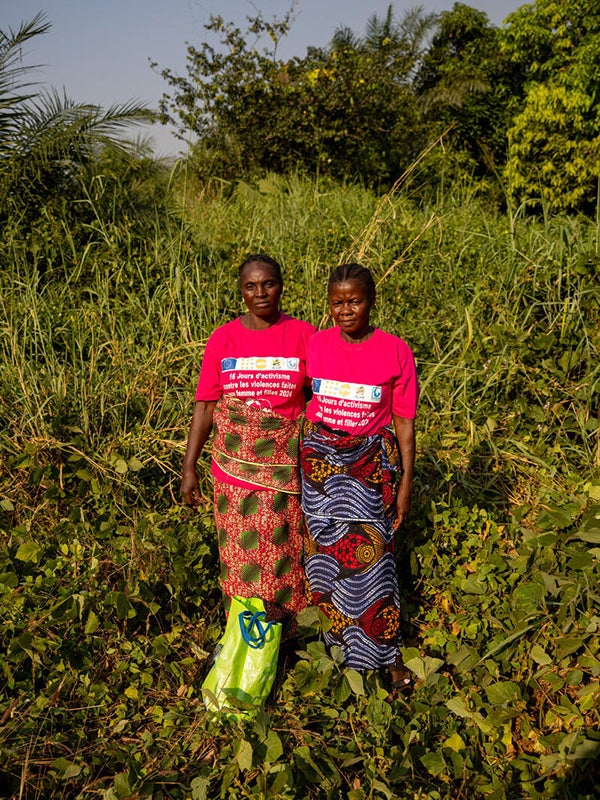
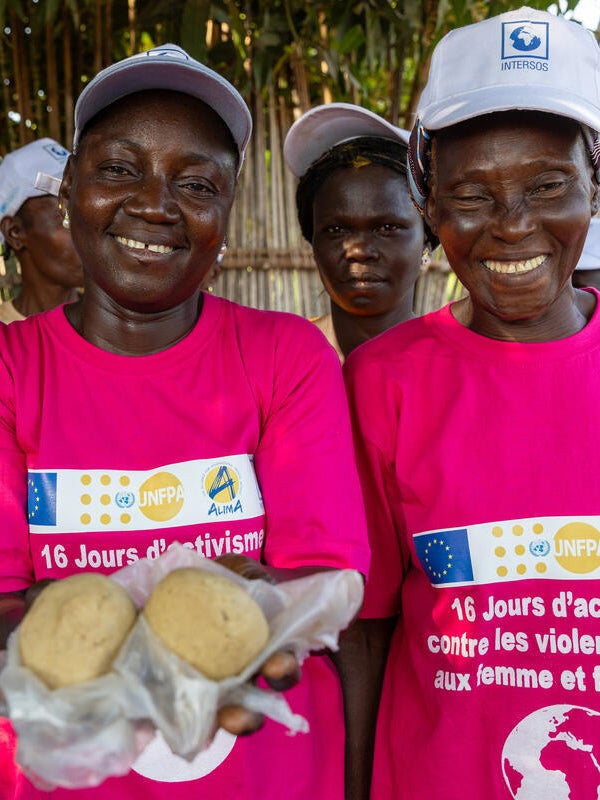
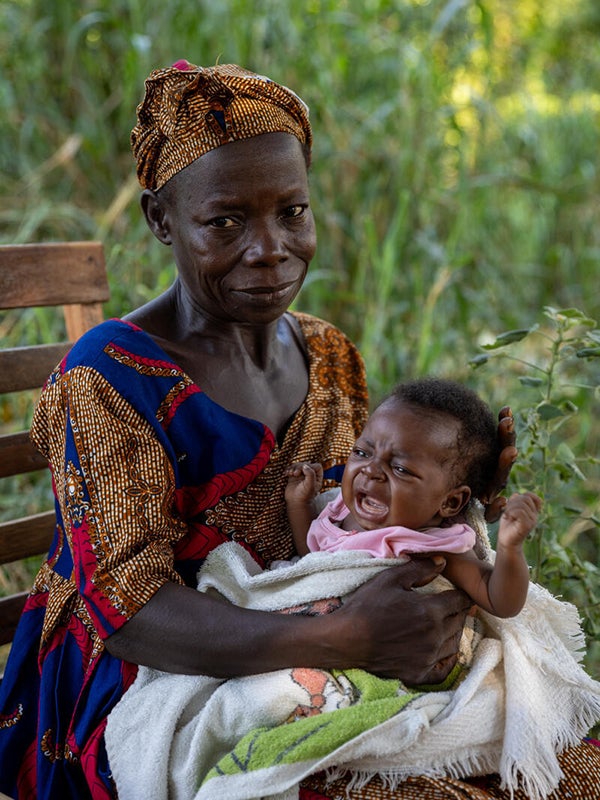
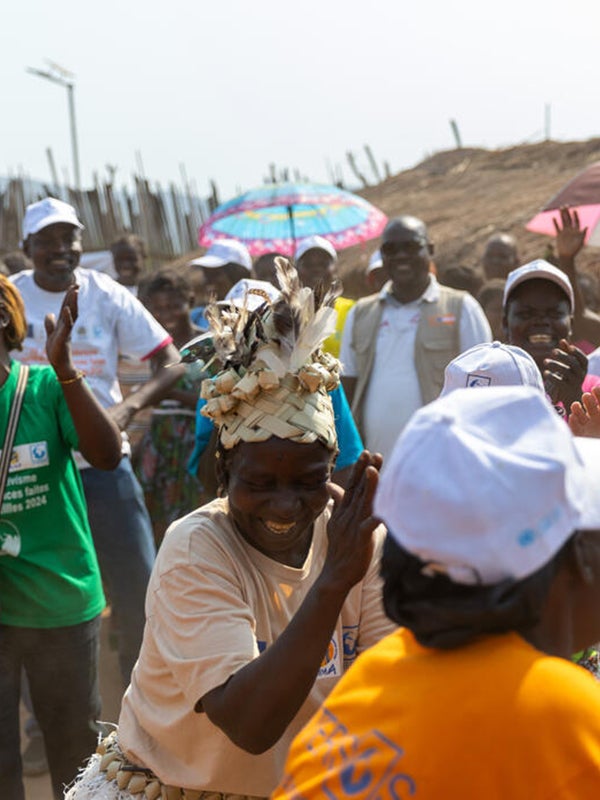
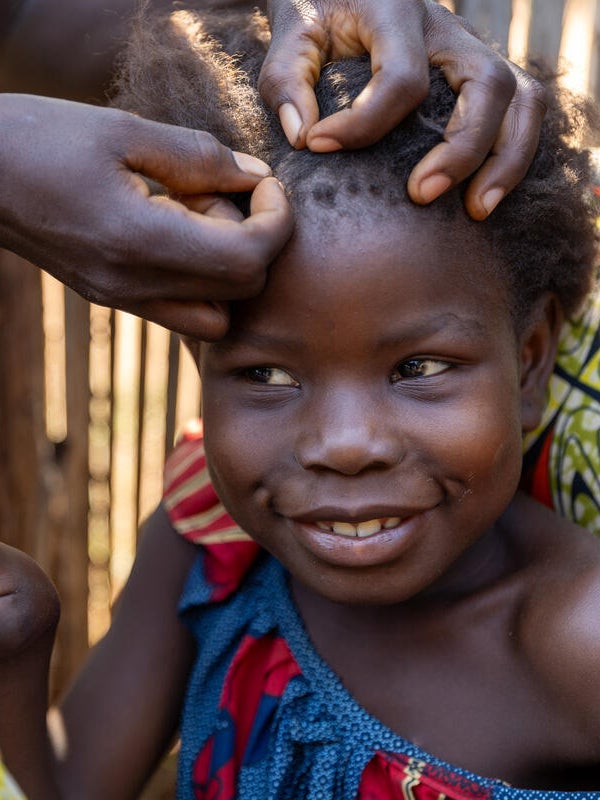
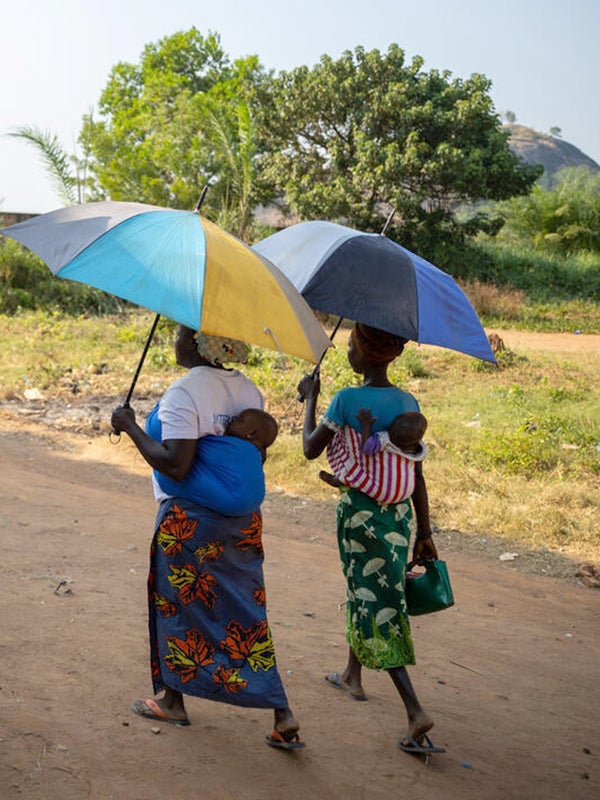
Bimbo
At a safe space in Bimbo, just outside the capital, similar services are being provided – with the addition of computer skills training.
Delphine Gisèle, a case manager and gender-based violence counsellor, explains that when a survivor of violence arrives at the centre, the first priority is referral and treatment for any physical needs. “We cover her hospital bills, and then that woman can come back to us to benefit from psychosocial support,” she says.
The centre also provides training for women in income-generating activities, including starting small businesses. “Once trained, they are assisted, and we provide them with the necessary tools for their chosen activities,” she says.
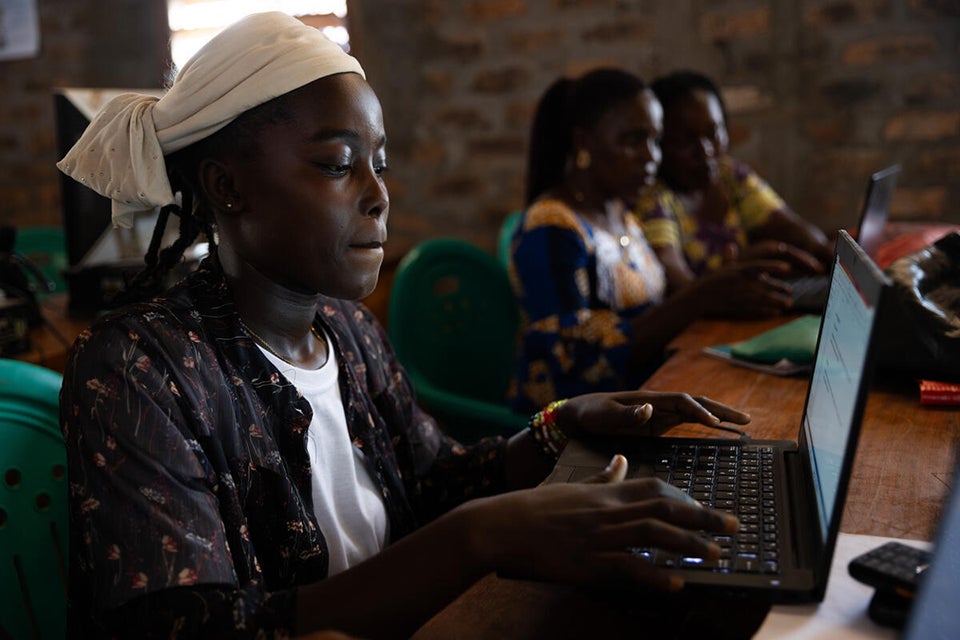
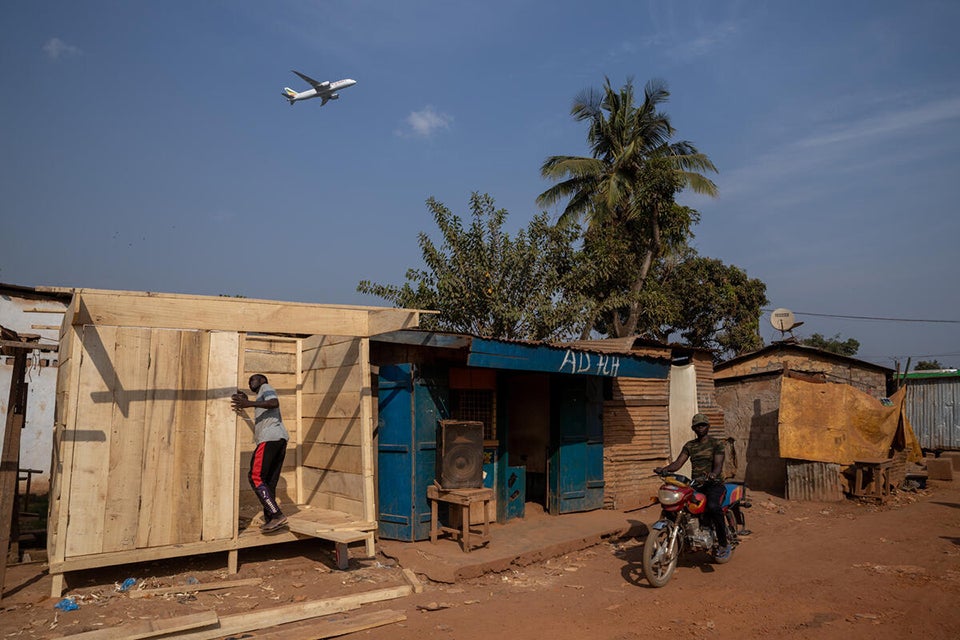
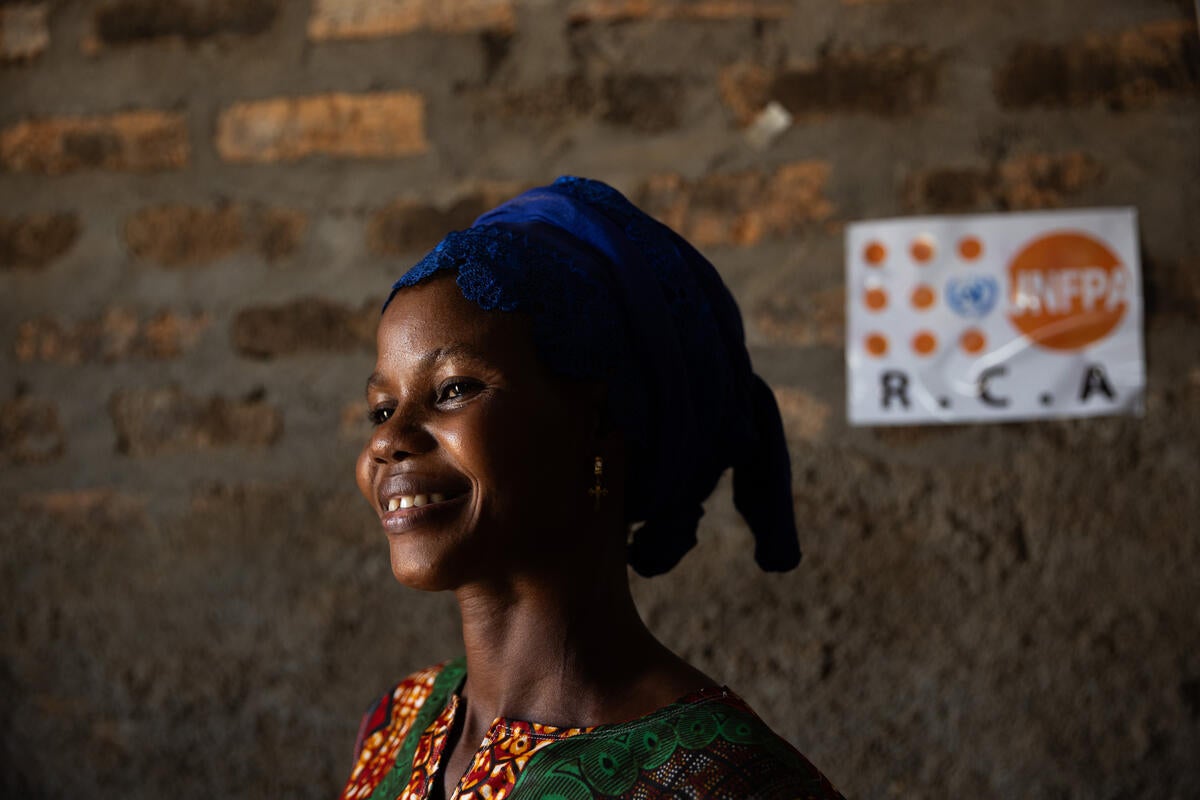
“[Computer skills] have now become my passion, even though not long ago, I didn’t know much about it.”
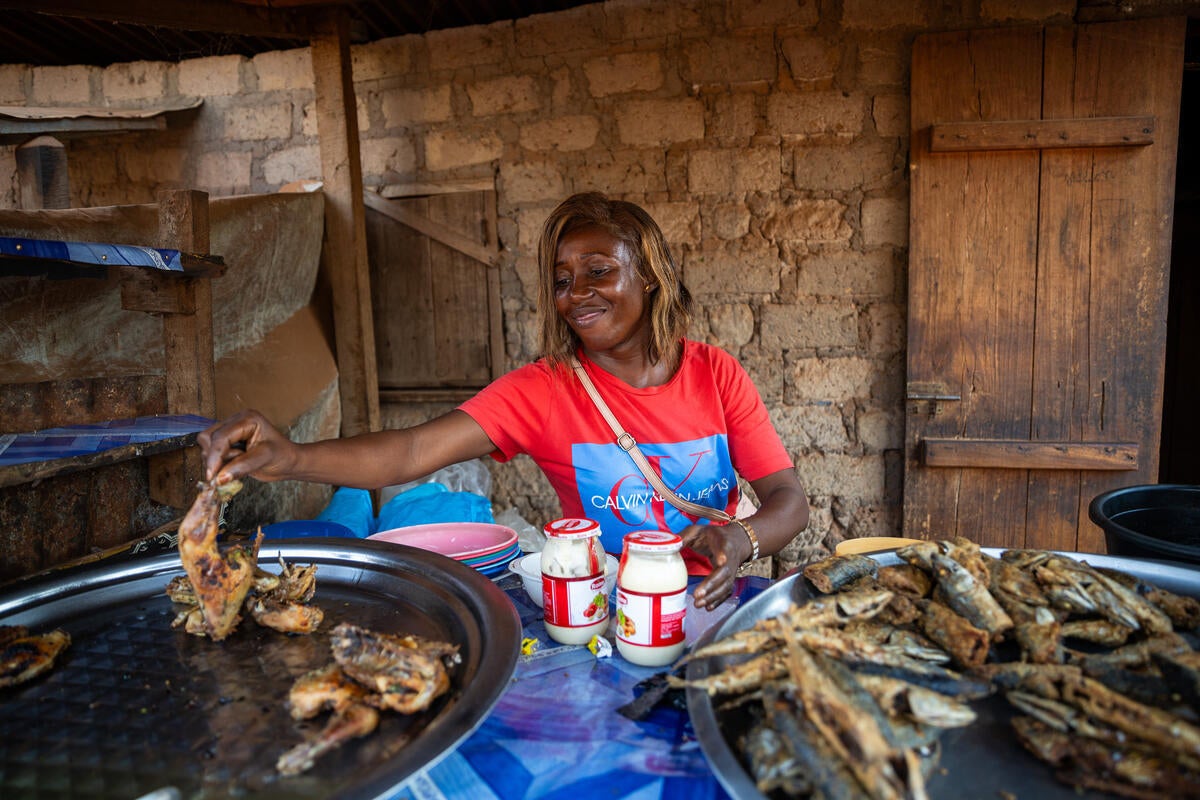
“I started small, using the kits I received. From that, I multiplied the money to grow the business. Through this trade, I’ve been able to help my family, provide for their needs, support my children and even save money.”
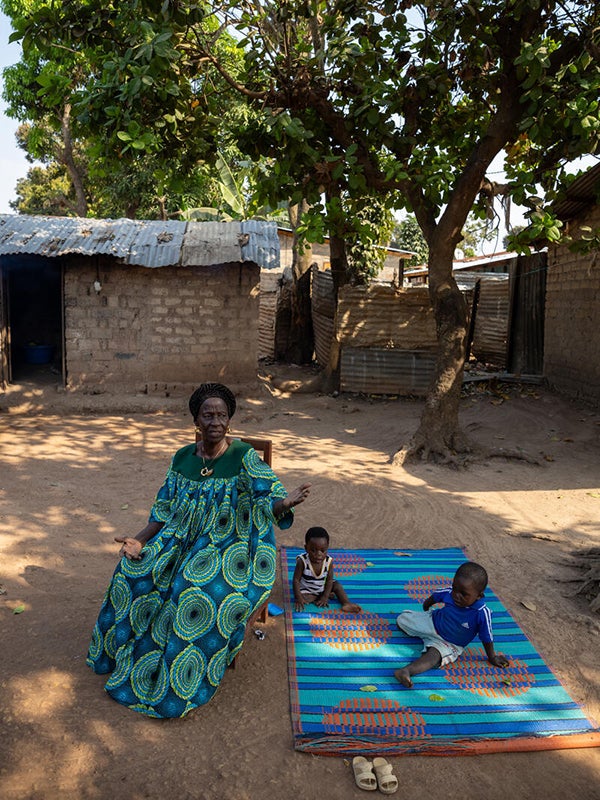
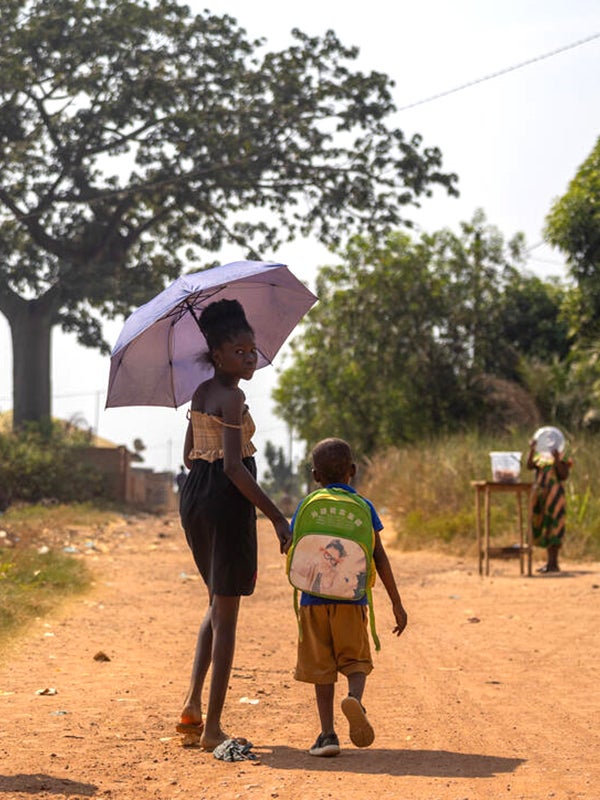
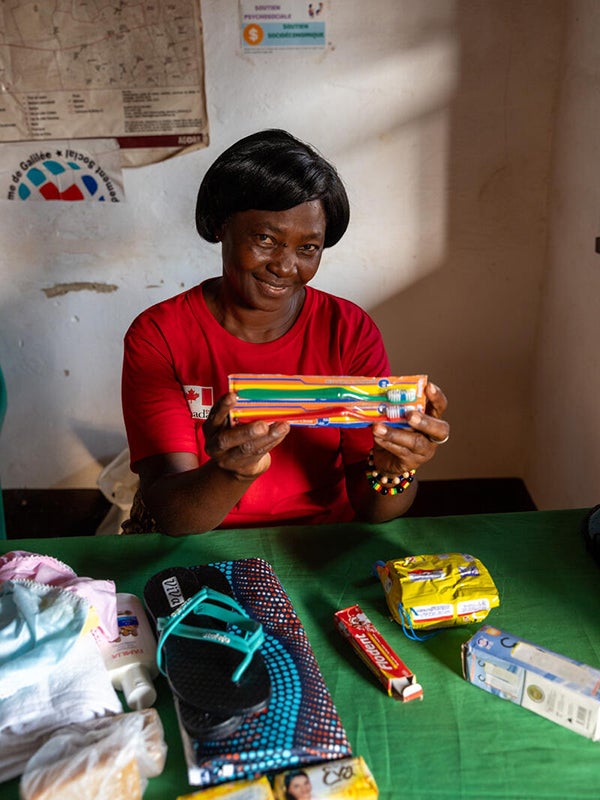
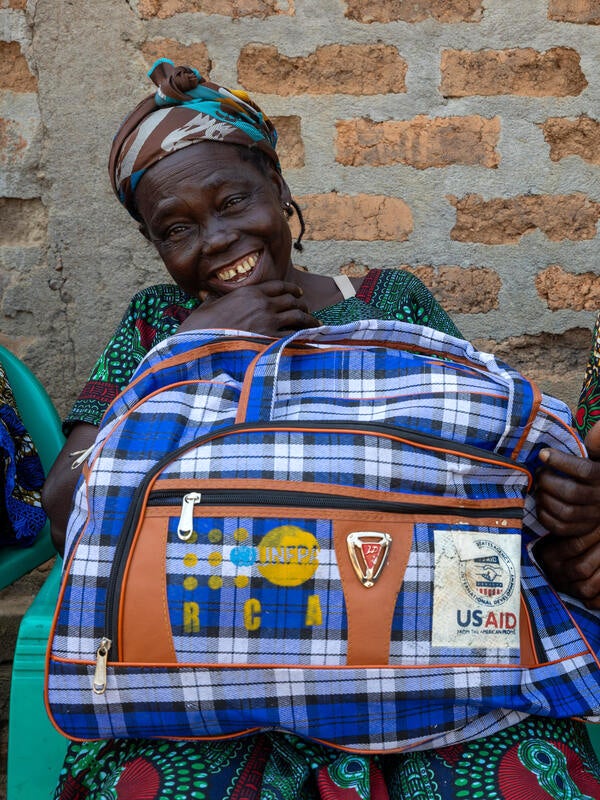
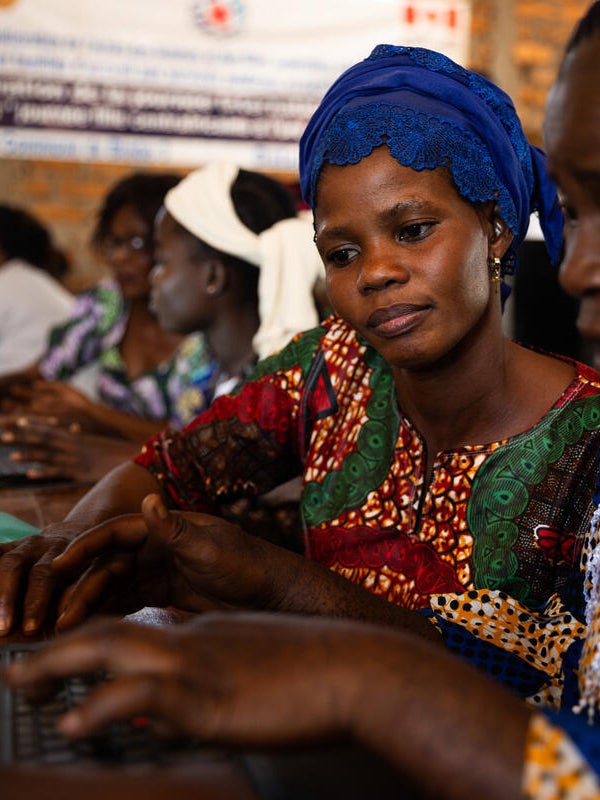
The safe spaces in the Central African Republic are critical. Attacks on civilians and violations of human rights continue to be reported, particularly in the southeast and west of the country.
Yet, at a time when we need to increase the pace, UNFPA’s humanitarian response is facing uncertainty. Cuts to programmes, due to United States funding being withdrawn, will be devastating for women and girls impacted by this crisis. UNFPA remains resolute in its efforts to meet the needs of survivors of gender-based violence. The consequences of losing access to vital services are unthinkable.
“The centre provides families here with a second chance and to regain hope. We would not be able to survive without it.”
